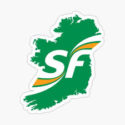Guides
Acts of ParliamentDevolved GovernmentHouse of CommonsHouse of LordsLegislative ProcessWhitehallPolitical PartiesThe Political Process Display All
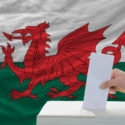
Senedd Cymru – Elections
The Senedd is made up of 60 Assembly Members elected by the Additional Member System. Each voter has two votes - one for a constituency member and one for a member from a regional list.Read More
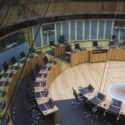
Senedd Cymru – Question Time
Oral questions for answer by Welsh Ministers in the Senedd, are tabled between five and ten working days before the time scheduled for questions to specified ministers.
Written questions are tabled in the same manner as oral questions.Read More

Senedd Cymru – An Overview
Senedd Cymru is the name given to the Welsh Parliament. It changed its name from the National Assembly of Wales in 2020. An overview of its powers, membership, session times, and operations.Read More

Senedd Cymru Committees
There are three types of committees in the Senedd: standing committees, subject committees and regional committees. Senedd Committees normally meet on Tuesdays, Wednesdays and Thursdays when the Senedd is in session.Read More
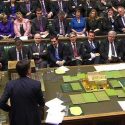
Shadow Cabinet
The Shadow Cabinet is made up of the senior members of the largest party not in government. Labour's Shadow Cabinet has been appointed by the party leader since 2011. Prior to then, it had been elected by the Parliamentary Party. Read the current list here.Read More

Shadow Chancellor
In the last 50 years, only 4 out of the last 18 Shadow Chancellors (and excluding those ex Chancellors continuing immediately after an election) have actually gone on to become Chancellor of the Exchequer.Read More
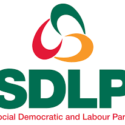
Social Democrat and Labour party (SDLP)
The Social Democratic and Labour Party (SDLP) is a Northern Irish political party that was formed in the early 1970s at the height of the 'Troubles'. The SDLP sits on the left of the political spectrum, and is affiliated to the Labour party.Read More

Special Advisers
Special advisers are temporary civil servants, employed for the duration of an administration to provide a political dimension to the non-partisan work of the general civil service. The number of Special Advisors who later go on to become Members of Parliament is considerable. Read More
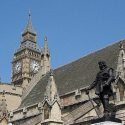
Standing Committees
Standing Committees are like miniature versions of the Commons itself. A new Standing Committee is set up for each Bill, although there are normally no more than eight at one time. Within the Standing Committee, a Bill is debated clause-by-clause.Read More
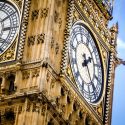
Starred Questions
Starred questions are questions for oral answer by Ministers in the House of Lords. They are called 'Starred Questions' because they appear next to a star on the order paper.Read More
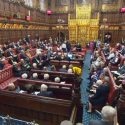
Statements in Parliament
By convention, Parliament expects to be the first to be informed of important issues, including new government policy announcements and updates on developing situations.Read More
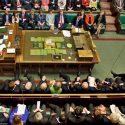
Substantive Motions
Debates in the House of Commons take place on a motion to which amendments may be tabled. One special kind of substantive motion is one tabled by the Government to seek approval for expenditure.Read More
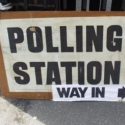
Tactical Voting
Tactical voting is broadly defined as voting for a party that is not your first-preference. The average tactical voter is said to be engaged with politics, pragmatic, and highly educated. In the 2019 General Election, some 19% of voters said they planned to vote tactically.Read More

The Budget
The Budget is the government of the day's main set-piece economic event. It comprises two key elements: the Chancellor's Budget speech to the House of Commons and the publication of the government's detailed financial reports.Read More

Think Tanks
Think tanks are research and advocacy institutions that publish advice on a range of social, political and economic issues in hope of influencing policymakers and the power-holders of society. Here is an overview of the different 'policy wonks' across the political spectrum.Read More
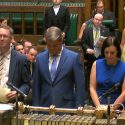
Third Reading
The Third Reading stage of a Bill is normally at least three days after the Report Stage and may last one or two days. Whereas in the Commons, the Third Reading is a debate looking back at the Bill's progress and forward to its implementation, in the Lords, it is a further, and final, opportunity for amendments.Read More

UK Voting Age
The voting age in the UK for General Elections is 18, albeit it is lower in Wales and Scotland for all other elections. Whilst in Hungary, 16 and 17 year old's are allowed to vote if they are married.Read More
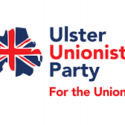
Ulster Unionist party
The UUP is regarded as the more moderate force within Ulster Unionism. Its current leader, Doug Beattie, is an ex soldier who once guarded Adolf Hitler's Deputy, Rudolph Hess, in Spandau Prison. His predecessor as UUP leader, Steve Aiken, had previously been a nuclear submarine commander.Read More

